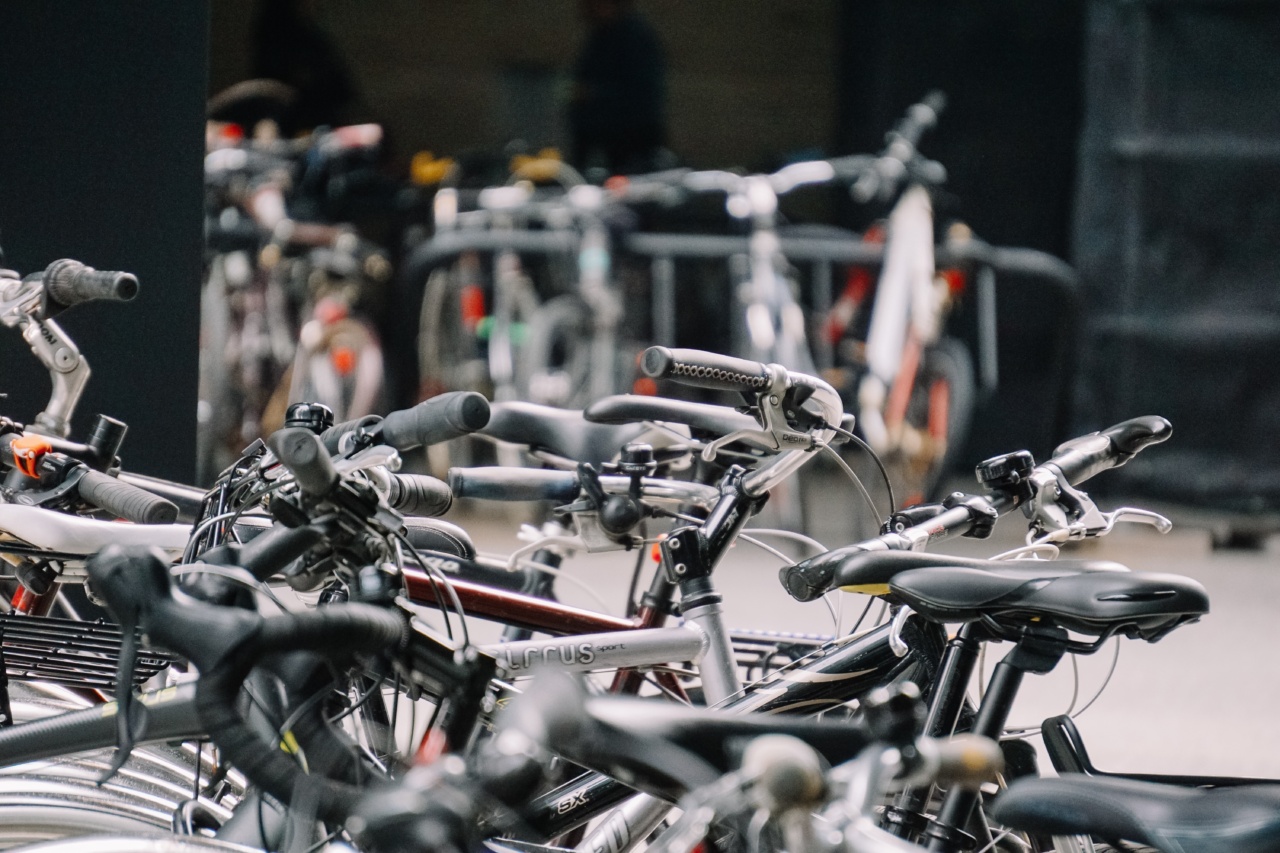Bloating is a common digestive issue that can be caused by a variety of factors. It’s uncomfortable and can be embarrassing, but thankfully, it’s usually not serious.
However, if you experience bloating frequently, it’s important to talk to your doctor to rule out any underlying health conditions. In this article, we’ll explore the five common triggers of bloating as told by a gastroenterologist.
1. Eating Too Quickly
When you eat too quickly, you tend to swallow air along with your food. This excess air can lead to bloating and discomfort. To prevent this, try to slow down and chew your food thoroughly before swallowing.
Taking smaller bites and putting your fork down between bites can also help.
2. Eating Gas-Producing Foods
Some foods, such as beans, broccoli, and onions, can produce gas in your digestive system. When this gas isn’t released, it can cause bloating. To prevent this, try to limit your intake of these types of foods.
However, it’s important to note that everyone’s digestive system is unique, so you may need to experiment to find out which foods affect you.
3. Drinking Carbonated Beverages
Carbonated beverages, such as soda and sparkling water, contain carbon dioxide. When you drink these beverages, you ingest the gas, which can lead to bloating.
To prevent this, try to limit your intake of carbonated beverages or switch to non-carbonated alternatives, such as water or herbal tea.
4. Swallowing Too Much Air
In addition to eating too quickly, there are other ways you can swallow excess air, such as chewing gum, smoking, and drinking through a straw. Similar to eating too quickly, this excess air can lead to bloating.
To prevent this, try to avoid these habits. If you must chew gum, try to do it for short periods of time and avoid chewing it for extended periods.
5. Constipation
When you’re constipated, stool can build up in your colon, which can lead to bloating. To prevent this, make sure you’re drinking enough water and eating a high-fiber diet.
You may also want to talk to your doctor about taking a stool softener if you’re experiencing chronic constipation.
Bloating can be uncomfortable and embarrassing, but there are things you can do to prevent it.
By eating slowly, avoiding gas-producing foods and carbonated beverages, and being mindful of how much air you’re swallowing, you can reduce your risk of bloating. Additionally, staying hydrated, eating a high-fiber diet, and talking to your doctor about any digestive issues you’re experiencing can help keep your digestive system running smoothly.






























